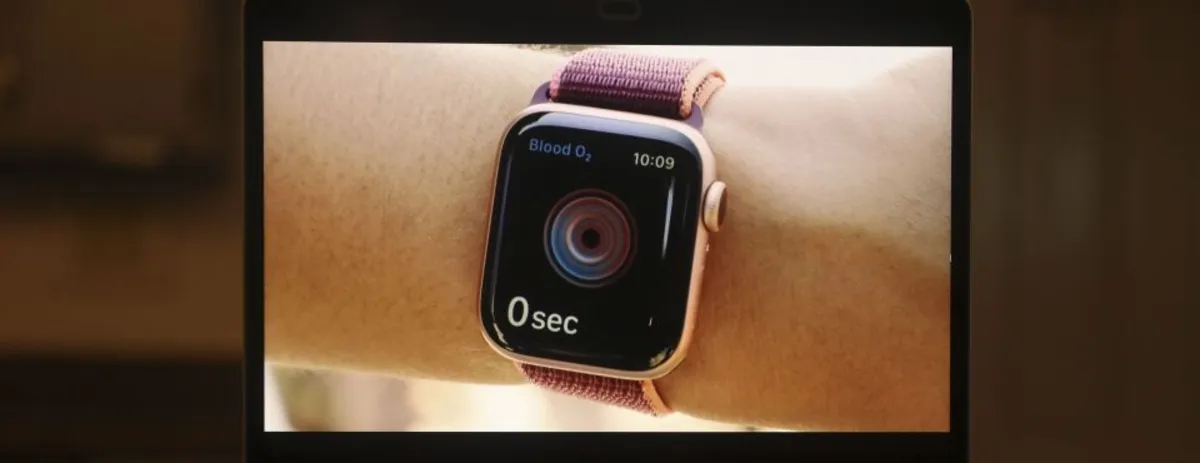
In a significant legal challenge, Masimo Corp. has filed a federal lawsuit against US Customs and Border Protection (CBP), alleging that the agency unlawfully enabled Apple Inc. to restore a blood-oxygen tracking feature on Apple Watches. This feature, as claimed by Masimo, infringes on patents related to the technology developed by the medical-device manufacturer. The complaint was officially lodged in the US District Court for the District of Columbia on Wednesday.
According to Masimo, CBP overstepped its authority in an internal advice ruling dated August 1, which unexpectedly reversed a prior decision made in January. This reversal was executed without prior notice or input from Masimo, effectively ignoring the procedural norms typically adhered to by the agency. Masimo argues that this action violates the Administrative Procedure Act and the Fifth Amendment’s due process clause.
On August 14, Apple announced that software updates would reinstate the blood-oxygen tracking feature for Apple Watch owners in the United States. This change involves shifting the calculations from the watch to paired iPhones, allowing the functionality to return while circumventing the previous ban. Notably, Masimo claims this was the first instance it became aware of CBP's silent reversal, which took place two weeks prior in an ex parte ruling. Such decisions typically require both parties to be heard, highlighting the unusual nature of this ruling.
The blood-oxygen tracking feature has faced restrictions since October 2023, when the US International Trade Commission (ITC) found that it violated two of Masimo's patents. Masimo’s lawsuit emphasizes the timing of Apple's investment announcements, which included a staggering $500 billion investment disclosed earlier this year, followed by an additional pledge of $100 billion ahead of an August 6 event with President Donald Trump. During this event, Apple CEO Tim Cook underscored a commitment of $2.5 billion for Corning glass production and presented a gold-plated plaque to the president—a move analysts have suggested could ease tensions over Apple's reliance on India for iPhone assembly.
In addition to the lawsuit, Masimo is seeking a temporary restraining order and a preliminary injunction to prevent the enforcement of CBP's August 1 ruling. The company aims to reinstate the January decision, which permitted imports of Apple Watches only if the blood-oxygen function was disabled. Masimo stated, “Each passing day that this unlawful ruling remains in effect irreparably deprives Masimo of its right to be free from unfair trade practices and to preserve its competitive standing in the U.S. marketplace.”
Masimo's complaint further argues that CBP's reversal effectively nullified the October 2023 limited exclusion order issued by the ITC, which concluded that Apple Watches infringe on US Patent Nos. 10,912,502 and 10,945,648 related to non-invasive pulse oximetry technology. Meanwhile, Apple’s appeal against the ban is currently pending at the Federal Circuit. The company has characterized CBP’s ex parte decision as “an extraordinary departure” from its established mandate and a breach of its own policy that necessitates adversarial proceedings, barring “exceptional circumstances.”
As this case unfolds, the implications for both Masimo and Apple could significantly impact the medical technology and consumer electronics industries. The outcome of this lawsuit may not only determine the fate of the blood-oxygen tracking feature on Apple Watches but also set a precedent for future patent infringement disputes. CBP has yet to comment on the allegations brought forth by Masimo, and the legal battle is sure to capture the attention of industry stakeholders and consumers alike.